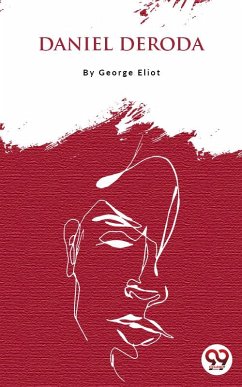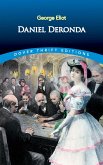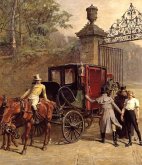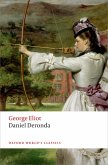Under the pseudonym George Eliot, Mary Ann Evans wrote the novel Daniel Deronda, which was first released in eight parts (books) from February to September 1876. It was the only book she ever finished that was set in her era's Victorian society. One of the most known Victorian novelists' contentious final work is a controversial combination of social satire, moral reflection, and sympathetic representation of Jewish proto-Zionist views. The novel has been adapted three times for the screen: twice for motion pictures and once for television. Additionally, it has been adapted for the stage, most famously by the 69 Theatre Company in Manchester in the 1960s, which starred Vanessa Redgrave as the lead character Gwendolen Harleth. Although the "tale of Gwendolen'' has been called "one of the classics of English fiction," the portion of the narrative involving Daniel Deronda has been called "flat and unconvincing." Nevertheless, Zionism has been greatly influenced by Daniel's tale. In 1948, F. R. Leavis argued that the Jewish sections of The Great Tradition were its weakest and that a truncated version called Gwendolen Harleth should be printed on its own. Some Zionist commentators have advocated the opposite truncation, keeping the Jewish section, but with Gwendole's story omitted.
Dieser Download kann aus rechtlichen Gründen nur mit Rechnungsadresse in A, D ausgeliefert werden.









